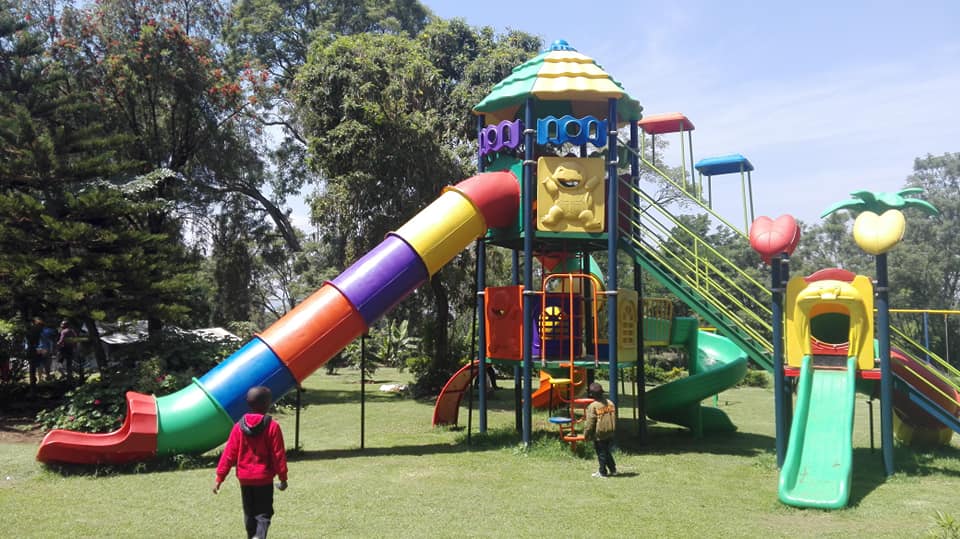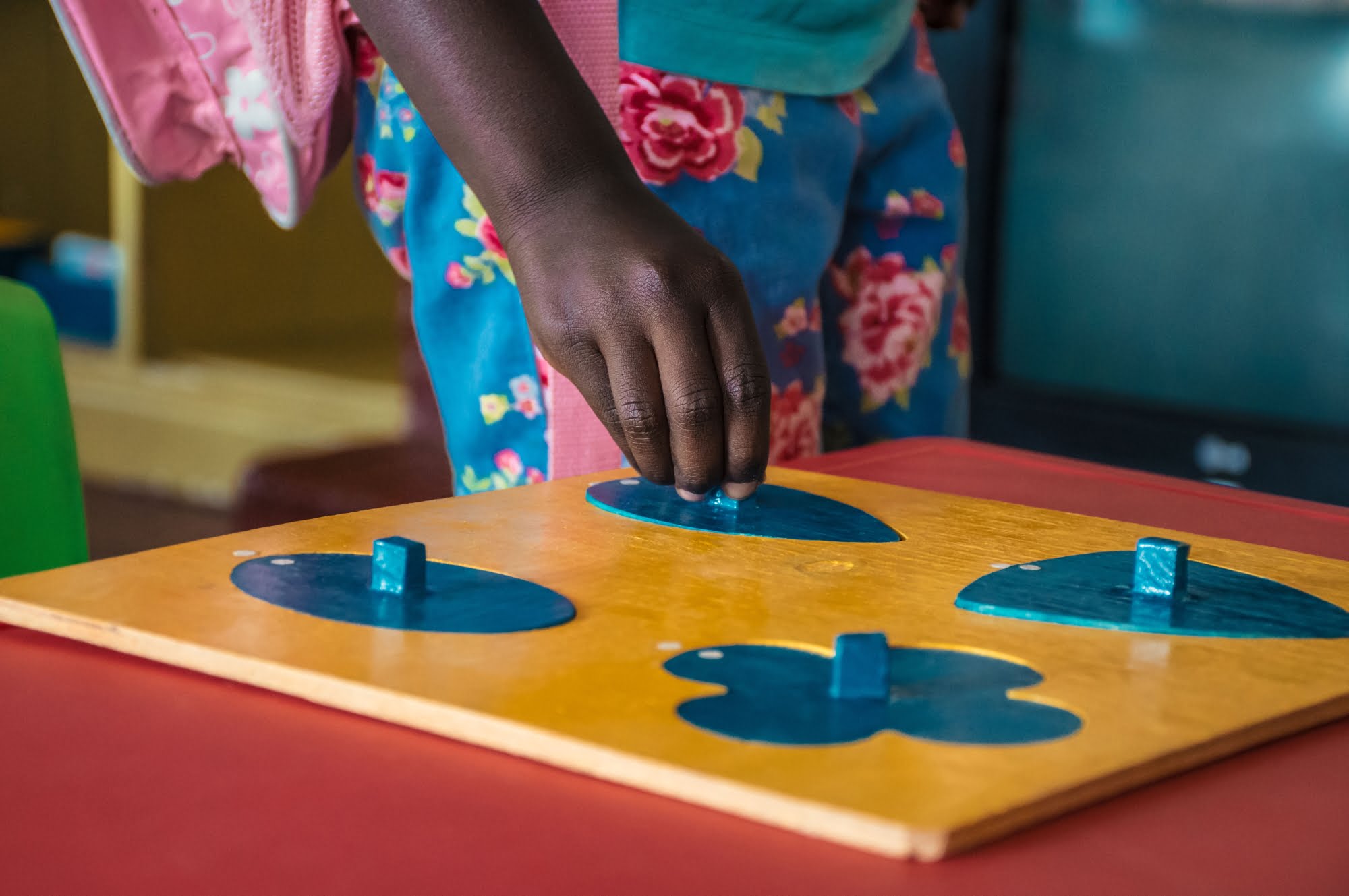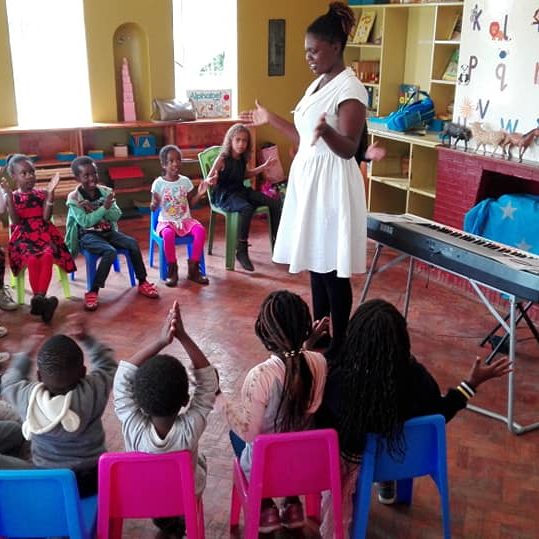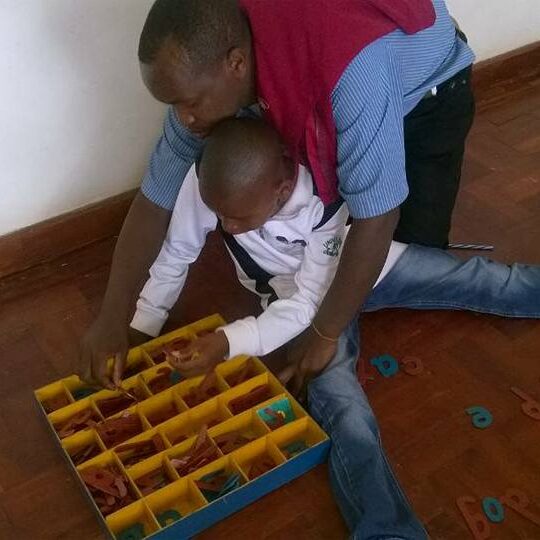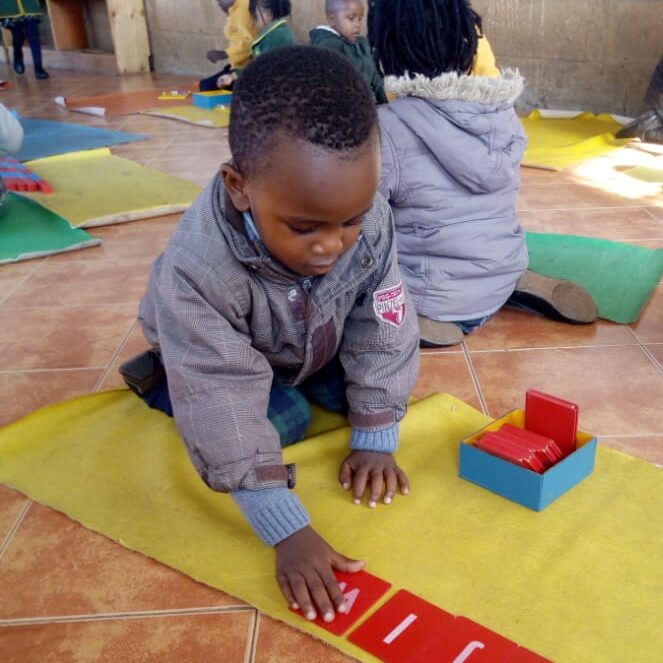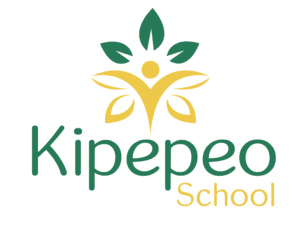Play is not merely a frivolous pastime for young children; it is a powerful tool for their growth and development. In a kindergarten setting, play takes center stage, and it offers a myriad of educational benefits that foster cognitive, social, and emotional development. Let’s explore how games and activities can transform the learning experience and shape young minds.
Cognitive Development through Play
Play is the natural learning process of children. When engaged in playful activities, kindergarteners develop crucial cognitive skills. Through puzzles, board games, and other play-based experiences, children enhance their problem-solving abilities. They learn to analyze situations, strategize, and make decisions, preparing them for future academic challenges.
Moreover, play stimulates creativity and imagination. Whether it’s building imaginary worlds or role-playing, children exercise their minds, exploring possibilities beyond conventional boundaries. This creativity nurtures innovative thinking, a skill that becomes invaluable later in life.
Social Development through Play
Playful interactions offer a fertile ground for social development in kindergarteners. When children engage in group play, they build communication and language skills. They learn to express ideas, negotiate, and collaborate effectively. As they participate in games together, they develop a sense of teamwork and cooperation, essential qualities for success in later social contexts.
Furthermore, play provides opportunities for children to understand and empathize with others. Through various roles in pretend play, they step into different shoes, experiencing different perspectives and emotions, fostering empathy and understanding.
Emotional Development through Play
Emotions are an integral part of a child’s life, and play helps them navigate their emotional landscape. Playful activities enable children to manage emotions in a safe and enjoyable environment. Whether they are acting out scenarios or engaging in art-based play, they learn to recognize and cope with their feelings effectively.
Play also contributes to the development of self-regulation and resilience. Children face challenges during play, and overcoming these obstacles instills a sense of accomplishment and determination. These emotional skills are crucial for managing stress and bouncing back from setbacks throughout life.
Play-Based Learning in Kindergarten
In a kindergarten setting, play-based learning is carefully woven into the curriculum. Teachers play a pivotal role in facilitating play experiences that are both fun and educational. By embracing the concept of playful teaching, they can create an engaging environment that captivates young minds.
Integrating educational goals with play activities is vital for holistic development. Play can be structured to align with specific learning objectives, such as incorporating math games or storytelling to enhance literacy skills. This way, children can learn while immersing themselves in enjoyable experiences.
Benefits of Specific Games and Activities
Various play activities hold unique benefits for a child’s development. Role-playing and pretend play, for instance, promote creativity, empathy, and language skills. Building blocks, on the other hand, foster spatial awareness, problem-solving, and fine motor skills. Additionally, outdoor play enhances physical development and provides a much-needed connection with nature.
Play and Brain Development
The impact of play on a child’s brain development cannot be underestimated. Playful learning experiences stimulate the brain’s neural connections and foster optimal brain architecture. These neural connections form the basis for future learning and cognitive abilities, making play an essential foundation for academic success.
Overcoming Challenges in Play-Based Education
Some concerns have been raised about the academic rigor of play-based education. However, a carefully designed play-based curriculum can strike a balance between structured learning and play. Integrating play into educational objectives ensures that children develop essential skills while enjoying the learning process.
Play as a Source of Joy and Motivation
One of the most significant advantages of play-based learning is that it instills a love for learning from an early age. By making education enjoyable and exciting, children develop a natural motivation to explore and discover. This intrinsic motivation lays a solid foundation for lifelong learning.
Play’s Long-Term Impact on Learning
The benefits of a play-rich childhood extend far beyond kindergarten. The skills developed through play can be transferred to formal education, enhancing academic performance. Moreover, the holistic development achieved through play sets children on a path of success and fulfillment throughout their lives.
FAQs
1. Is play only for fun, or does it serve a deeper purpose? Play is not just for entertainment; it plays a crucial role in a child’s development. It promotes cognitive, social, and emotional growth, shaping young minds for the future.
2. How can teachers incorporate play into the curriculum effectively? Teachers can integrate play by aligning it with specific learning objectives. They can create educational games and activities that provide a perfect balance between fun and learning.
3. Can structured learning coexist with play-based education? Yes, a well-designed play-based curriculum can incorporate structured learning elements to ensure children receive a well-rounded education.
4. What are the long-term benefits of a play-rich childhood? A play-rich childhood lays the foundation for lifelong learning and development. The skills and abilities cultivated through play have a lasting positive impact on a child’s life.
5. How can parents support play-based learning at home? Parents can provide a supportive environment that encourages imaginative play, provides access to educational games and toys, and actively engages in playtime with their children.


